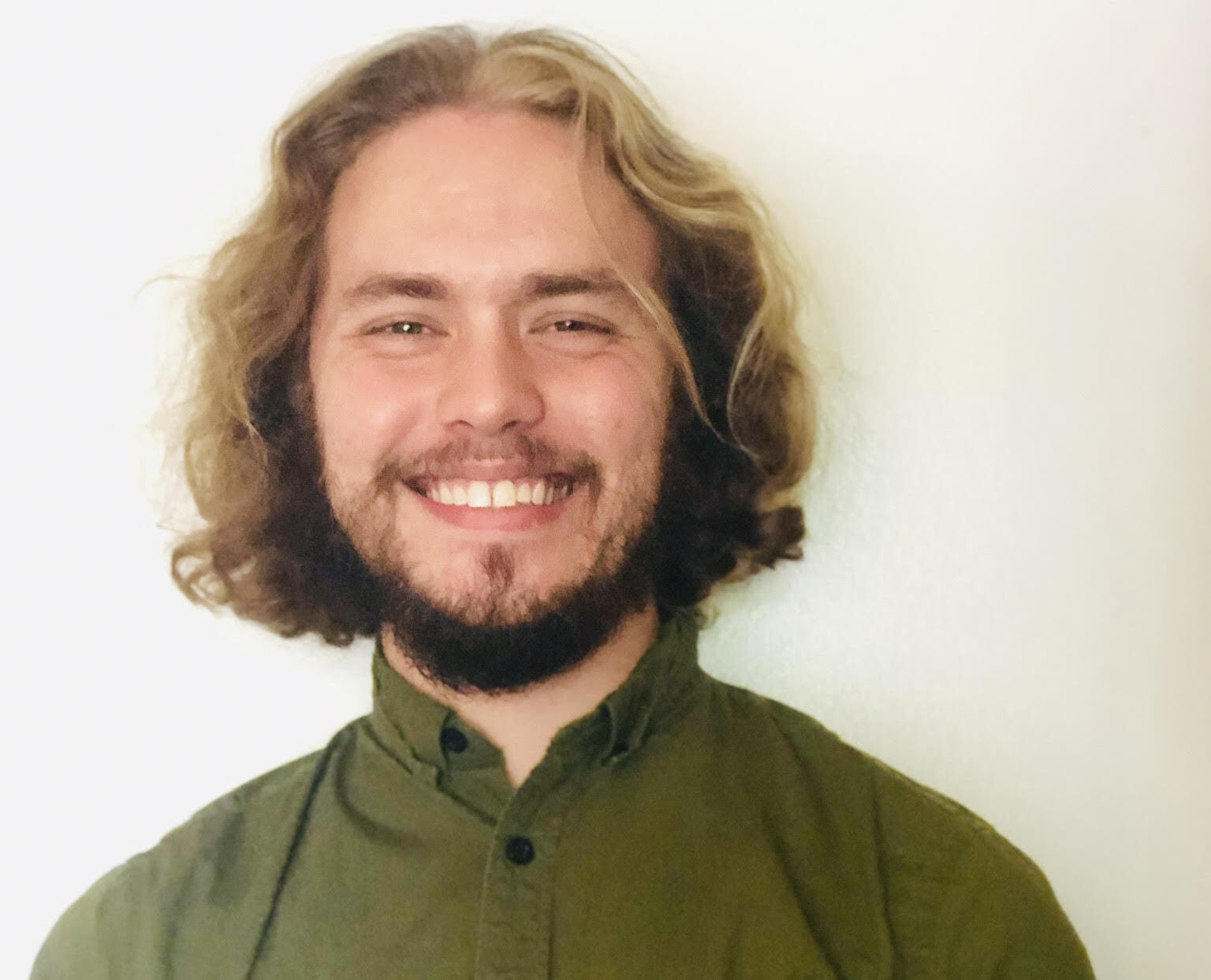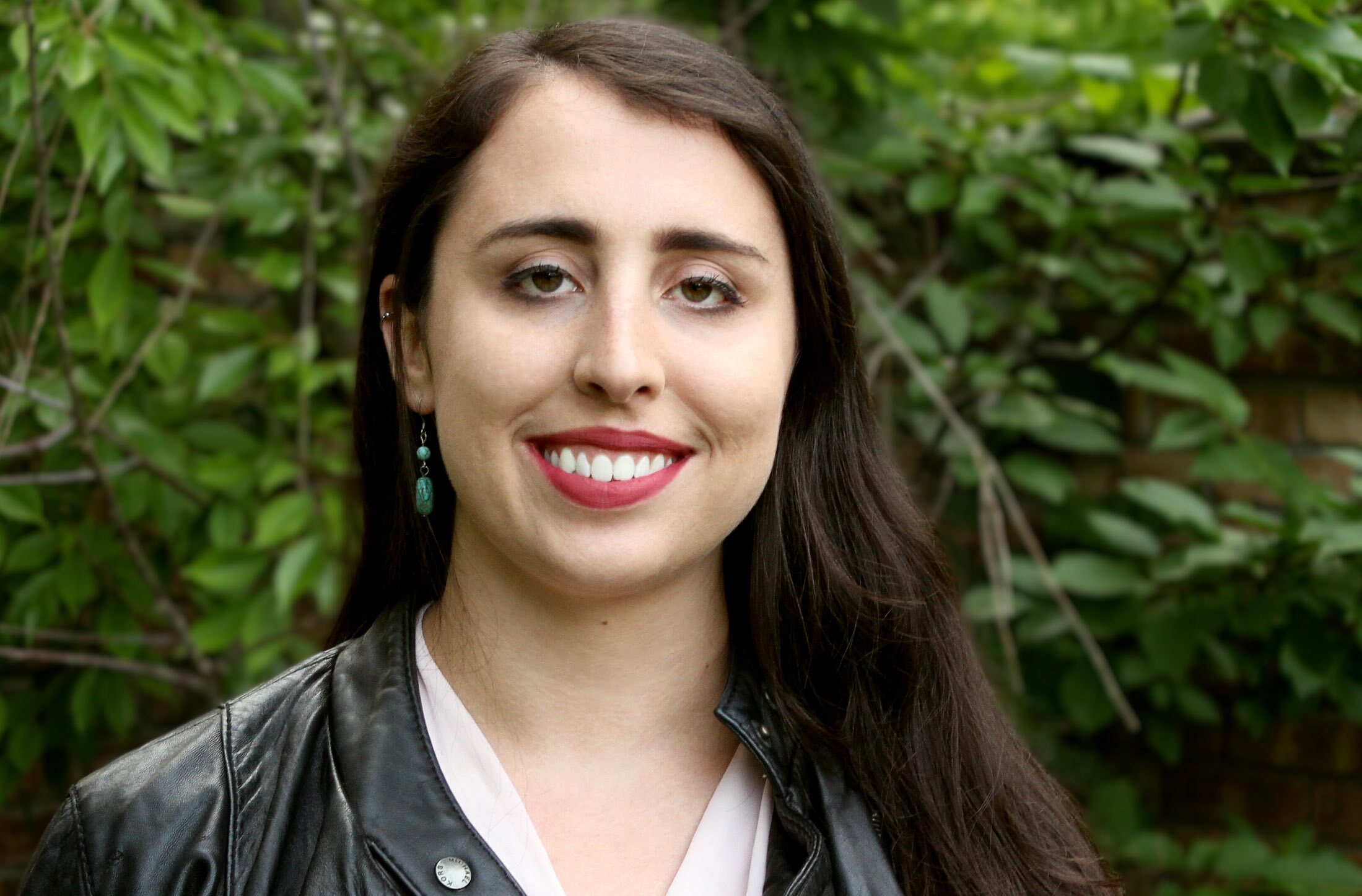Episodes
Monday Jan 10, 2022
Monday Jan 10, 2022
While we often think of the plot of our stories as their bedrock, I (Ben) actually think it is the world in which they take place. Without the world, there is nothing to motivate the story from the outside, there is no context in which the story takes place. In this episode, we discuss what it is that allows for something as large as the entire world to show up on the page.
Pearl Death by B.R. Yeager
Shadow and Claw (the first two books in the Book of the New Sun series) by Gene Wolfe
I’m a Writer But podcast.
New World on Netflix.
Good Writing is a podcast where two MFA friends read like writers and lay out craft ideas for fellow writers to steal. Co-hosted by Emily Donovan and Benjamin Kerns.
Twitter: @goodwritingpod
Email: goodwritingpodcast@gmail.com
Monday Jan 03, 2022
What Is a Literary Magazine, and How Do I Submit? (Also The Bell Jar Part 2)
Monday Jan 03, 2022
Monday Jan 03, 2022
The world of literature is difficult one to navigate, especially for those just starting out. A strange cornerstone of becoming part of the literary world is the literary magazine, a place where new writing is published without the need of being placed into the format of the book. Writers often find the submission process difficult and discouraging, and we are no exception. Today, we discuss what it’s like to submit to magazines, and the various techniques we have developed to try to make the process easier.
Also we continue our discussion of the Bell Jar.
Read Swamp Ape Review
Read Alien Literary Magazine
Ben recommends Joe Pera Talks with You
Emily recommends hyacinths for those having trouble growing plants
Good Writing is a podcast where two MFA friends read like writers and lay out craft ideas for fellow writers to steal. Co-hosted by Emily Donovan and Benjamin Kerns.
Twitter: @goodwritingpod
Email: goodwritingpodcast@gmail.com
Monday Dec 27, 2021
Monday Dec 27, 2021
One of the many things that make The Bell Jar by Sylvia Plath (1963) an absolute banger is how deep inside the narrator’s head we are. But what can you do as a writer when how your point-of-view character sees the world is flawed?
How can you give a point-of-view character a developed and interesting worldview while still giving your readers enough clues to interpret the world you’ve written differently?
Other recommendations for this episode:
“So Sue Me...” by Rebecca Makkai (2014), about why you should never quote song lyrics in your short stories
Detransition, Baby by Torrey Peters (2021) is a great model for two point-of-view characters with contrasting worldviews
Good Writing is a podcast where two MFA friends read like writers and lay out craft ideas for fellow writers to steal. Co-hosted by Emily Donovan and Benjamin Kerns.
Twitter: @goodwritingpod
Email: goodwritingpodcast@gmail.com
Monday Dec 20, 2021
Politics and When to be Obvious in I Hate the Internet by Jarett Kobek
Monday Dec 20, 2021
Monday Dec 20, 2021
Jarett Kobek lets you know from page one where he stands with his politics, and his work is only stronger for this. Ben and Emily discuss why it’s important to understand that your politics will show up in your work whether you want them to or not, so it might be a good idea to make them obvious.
An excerpt from I Hate the Internet (2016)
Good Writing is a podcast where two friends read like writers and lay out craft for fellow writers to steal. Co-hosted by Emily Donovan and Benjamin Kerns.
Twitter: @goodwritingpod
Email: goodwritingpodcast@gmail.com
Monday Dec 13, 2021
Flash Forward for Impact, with a Short Story from The Masters Review
Monday Dec 13, 2021
Monday Dec 13, 2021
Sure, sure, everybody wants to know the plot summary. But why does the plot matter? How can you as a writer make your readers care about the plot?
After a detour about the job market for English majors (bummer alert...), Emily compares three novels that open by flashing forward to a short story from a literary magazine that mixes flash forward in throughout.
Today's sources of craft inspiration:
“Ghost Story” by Becca Anderson (2020), published in The Masters Review
The Death of Vivek Oji by Akwaeke Emezi (2020), The Virgin Suicides by Jeffrey Eugenides (1993), and One Hundred Years of Solitude by Gabriel García Márquez (1967)
Other links from this episode:
Ben’s experimental book recommendation Sea-Witch by Never Angeline Nørth (2020), or you can buy the bundle of every ebook from the indie publisher Inside the Castle
Emily’s literary journalism recommendations: Five Days at Memorial Hospital by Sheri Fink (2013) and And the Band Played On by Randy Shilts (1987)
Listen to two literary agents talk shop about the publishing industry on Print Run Podcast
Good Writing is a podcast where two friends read like writers and lay out craft for fellow writers to steal. Co-hosted by Emily Donovan and Benjamin Kerns.
Twitter: @goodwritingpod
Email: goodwritingpodcast@gmail.com
Monday Dec 06, 2021
Dorthe Nors and the Power of Third Person Distance
Monday Dec 06, 2021
Monday Dec 06, 2021
How can the base-level choice of what perspective (first, second or third person) is used in a piece of writing be used as a way for a reader to gain perspective on a character?
Dorthe Nors’ novella Minna Needs Rehearsal Space (translated by Mishka Hoekstra) uses a close third person and a unique approach to paragraphs to allow the reader to read the titular character’s opinions in the same way that they read facts, and as you would probably guess, hilarity ensues.
Minna Needs Rehearsal Space (2016) by Dorthe Nors and translated by Mishka Hoekstra
An excerpt from the book, but not the one we discussed in the episode
Good Writing is a podcast where two friends read like writers and lay out craft for fellow writers to steal. Co-hosted by Emily Donovan and Benjamin Kerns.
Email: goodwritingpodcast@gmail.comWebsite: https://www.goodwritingpodcast.com/

Benjamin Kerns
Ben (co-host) is a writer living in Florida with his wife and their cat. He edits the Magazine1 literary magazine. He writes fiction with a penchant for the weird and unexpected.

Emily Donovan
Emily (co-host) is writer living in Colorado with several struggling houseplants. She writes jokes disguised as literary fiction.





